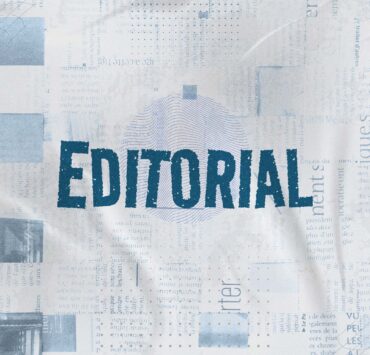Political thicket

In Duterte v. House of Representatives, the Philippine Supreme Court ruled on what could be considered a political question that bears a legal question—whether the articles of impeachment filed by the House with the Senate is barred by the constitutional restriction on initiating one impeachment per year.
It does not preclude another impeachment case being filed in 2026. But it also ensures that Vice President Sara Duterte can run in the 2028 elections for now. The ruling denies the Filipino people the opportunity to hear and form an opinion about the particulars of the allegations.
Had the court ruled otherwise, it would have been perceived as a challenge to the mandate of the people as translated from the latest national election. This is curious—the court essentially ruled on a matter traditionally considered the sole province of the Senate, a political branch; however, the way it ruled reflects the popular vote. If impeachment were purely political theater (and thus a numbers game), the current Senate composition would have acquitted the VP.
But at least all the seven serious allegations of impeachable offenses which involve betrayal of public trust, graft and corruption, bribery, culpable violation of the Constitution, and other high crimes would have been known to the public. A public proceeding would have seriously impacted her chances for 2028, even if she were acquitted. This means that, absent a successful impeachment complaint brought before Congress that passes the constitutional requirements set forth by Senior Associate Justice Marvic Leonen in the decision, the ruling would have a material effect in 2028.
In political law, political questions are questions of wisdom and policy best left for the people to decide in their sovereign capacity, not by unelected magistrates. They are nonjusticiable, and owing to the doctrine of separation of powers, ought to be resolved by the elected political branches of government.
But why are we surprised? By design, the Supreme Court today shies away no longer from political questions. A constitutional amendment was precisely put in place to the effect that a court may address grave abuse of discretion amounting to a lack or excess of jurisdiction on the part of any branch or instrumentality of the government. This expands judicial review to cover what would have been treated as nonjusticiable political questions. Prior to 1987, the political question doctrine was recognized by the Supreme Court as a shield from invalidating excessive acts of the political branches—a notorious example of which is Javellana v. Executive Secretary on the ratification of the 1973 Constitution which legitimized the Marcos dictatorship.
This created a safeguard from the excesses of the political branches by expanding judicial review to include political questions when the court determines that there has been grave abuse of discretion. True enough, it treated the filing of the fourth impeachment complaint against Duterte as such a grave abuse.
The judiciary is seen as the guardian of the Constitution, and yet, unlike the very active political branches, it must be a passive, apolitical tribunal that awaits the filing of actual legal controversies involving pure questions of law before it affects national history. Given such an opportunity, it should only be expected that the court would not stay its hand—and dare the political branches to court a constitutional crisis should they defy it.
The ruling in the Duterte impeachment is a consequence of the expanded judicial review granted to the courts to check the excesses of the political branches. In essence, it grants the ideally apolitical judiciary, the power to determine even matters thought of as the sole province of the political branches. The SC has only to determine that an act is a grave abuse of discretion because it violates the Constitution, or bluntly, its interpretation of the Constitution. Therefore, it indirectly influences even sovereign acts like elections.
Not unlike the Supreme Court of the United States in Baker v. Carr (where a Tennessee redistricting issue divided the nine-member court and resulted in a nervous breakdown for Justice Charles Whittaker who resigned and a stroke for Justice Felix Frankfurter which is thought of as its first venture into the political thicket) and Bush v. Gore (which resulted in the court deciding the US presidency in the ultimate political question decision), our courts deigned to enter the political thicket.
The question future constitutionalists should consider is whether the tradeoff was worth it. In giving the courts the power to call out a grave abuse of discretion on the part of the other branches of the government, does the Constitution preserve or disrupt the delicate balance of power among the equal but separate branches? In a post-dictatorship democracy, should courts continue to wade into the political thicket?
—————-
Gino Leocadio S. Paje is an attorney with the environment department. His interests lie in environmental law, political law, and media law.

















Lessons from Gbagbo’s failed ICC prosecution